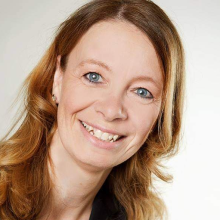The conference on the attributes of God examines developments within the mainstream theological schools from the early period of Islamic theological thought, throughout the period of reception and development of Ibn Sīnā’s (d. 1037) ideas in the works of Muslim theologians after him, as well as the ideas and developments in the contemporary Islamic theology. We seek to discuss the works of some of the most important theologians that played a crucial role in the process of the opening of the Sunnī and Šīʿī theology towards the influence of Ibn Sīnā and contributed to the process of systematization and “scientification” of theological works. Discussing these processes will help to challenge the widespread assumption of the decline of Islamic intellectual thought after al-Ġazālī (d. 1111), thus showing that the period of systematization of arguments in the works of Islamic theology and philosophy of the 12th and 13th century was in fact a very progressive and fruitful period of Islamic theology and Arabic philosophy.
The focal point of the conference will be questions and different interpretations of Divine attributes in Islam and – more generally – the conceptualization of God within different frameworks and models throughout the history of Islamic thought. Within this scope, we will investigate philosophical and logical premises and arguments that were resystematized and further developed by Ibn Sīnā, received, criticized and adapted by later theologians and finally turned into essential pillars of the systematic theological works in the post-Avicennian period within the main theme of Divine attributes (particularly focusing on the attributes of Essence – such as God’s Existence, Knowledge, Will, Power, Hearing, Seeing and Speech).
Through the discussion sessions we will seek to connect the traditional theological discussions with contemporary theological and philosophical debates and delve into interreligious dialogue, seeking similarities and connecting points and concepts between Muslim and Christian theologies.
If you wish to attend please send an email to Ahmed Husic: ahmed.husic[at]upb.de














































Social Media
Instagram
X
Youtube